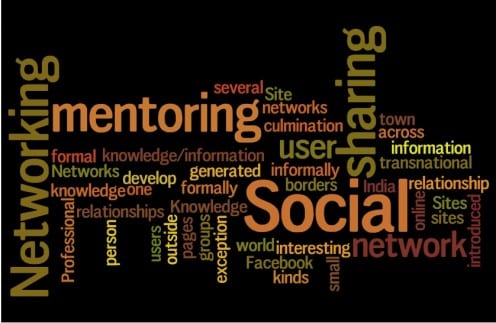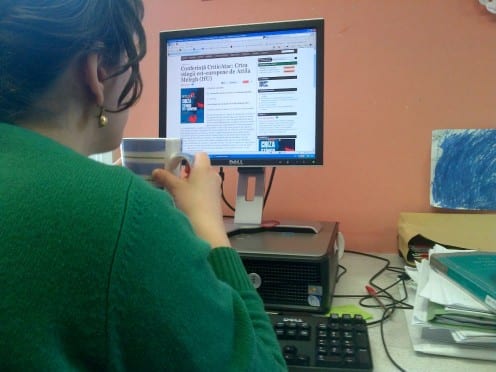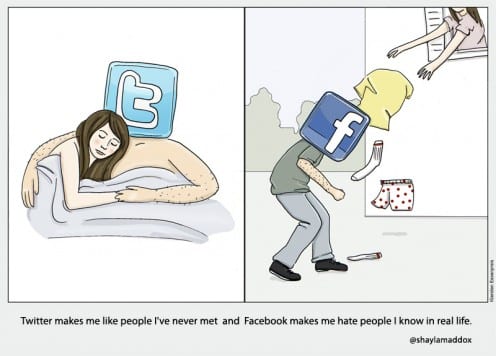A (Pre- ) Theory of Non-Usage
By Jolynna Sinanan, on 12 March 2015

Photo by Tom Jutte (Creative Commons)
Now that we are heavily into writing our individual books on social media, it’s the time to think about the original insights we have gained from our fieldwork in relation to wider themes and issues. This month, I want to deal with non-usage. Generally, Trinidadians are keen to be up to date; with fashion, pop culture and uses of new media. Trinidadians were very enthusiastic to embrace using the internet generally (see Miller and Slater, 2000) and similar to their use of Facebook, internet usage was more of a product of social norms and perceptions than it was a product that was exported from Silicon Valley.
I can appreciate that even the term ‘using the internet’ is outdated, I’m ‘using the internet’ throughout the whole process of writing and publishing this blog post but accessing the digital ether has become so normal and ubiquitous that we wouldn’t think of checking our email on our phone as ‘using the internet’.
I want to deal with an aspect of non-usage that I have called ‘digital resistance’. As resistance implies, there is a wilful refusal to something that is an imposed (or forced) expectation. There are two main reasons that drive digital resistance that came out of my fieldwork. The first is that people refuse to adopt technology for more social communication because their lives are already socially saturated, meaning that people already have too many face to face relationships (mostly family and extended family) that are demanding of people’s time. There are already enough expectations, obligations and negotiations digital resistors have in their lived social relationships that they don’t want to ‘keep up with the times’ or ‘get on board’. New communications media add yet more modes of conduct that they have to negotiate and strategise and learn for their relationships. They feel they become more mediated.
The second reason has a lot to with the first. For people who ‘opt out’ of using new media beyond a basic mobile phone for personal communications, social media not only represents an increase in mediation in already complicated relationships, but it also represents a lifestyle that directly or indirectly opposes their immediate way of life and values. There are gender, age and class dimensions that are intertwined with the values of people’s immediate way of life and why they would not want to be associated with using new media. For example, there were research participants who have the latest smart phones or keep up trends because they enjoy a lifestyle of having the newest fashionable things. The other side is that for people consider themselves as being more ‘traditional’, keeping up with technological trends and adopting social media means that their way of life, where they see face-to-face communication as more authentic, becomes less valued. Their social circles, for example, groups of mothers who are housewives, or farmers where all their friends are farmers, are made up of people with shared circumstances and values. These participants often frame not using social media as ‘not having the need’, but it is also that they don’t associate with groups who see social media as central to their social lives.
When we think about people who don’t use the internet regularly, or who don’t own smartphones, their reasons might not be so straightforward, or even easy or obvious for them to explain.
 Close
Close







